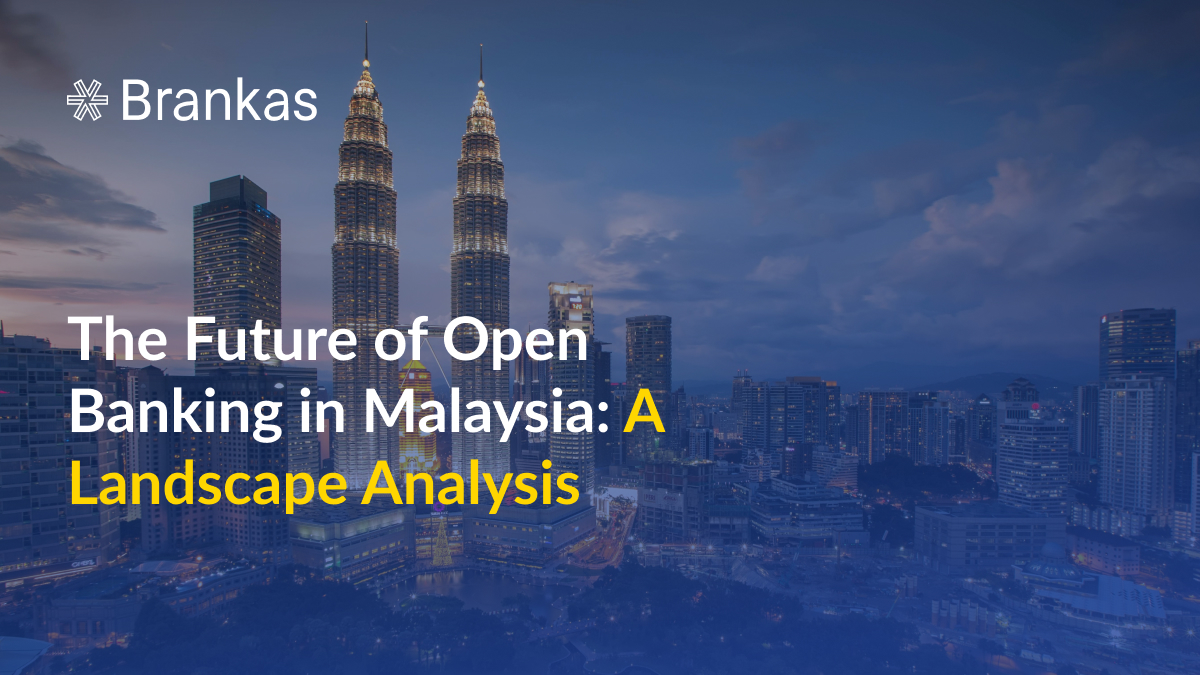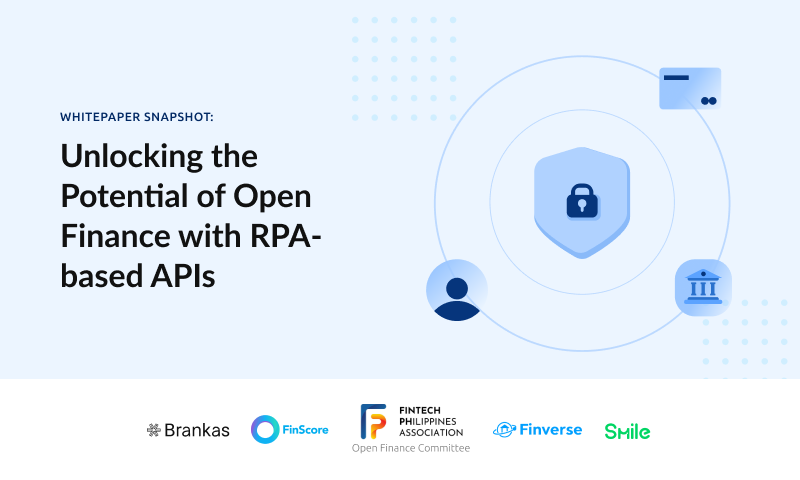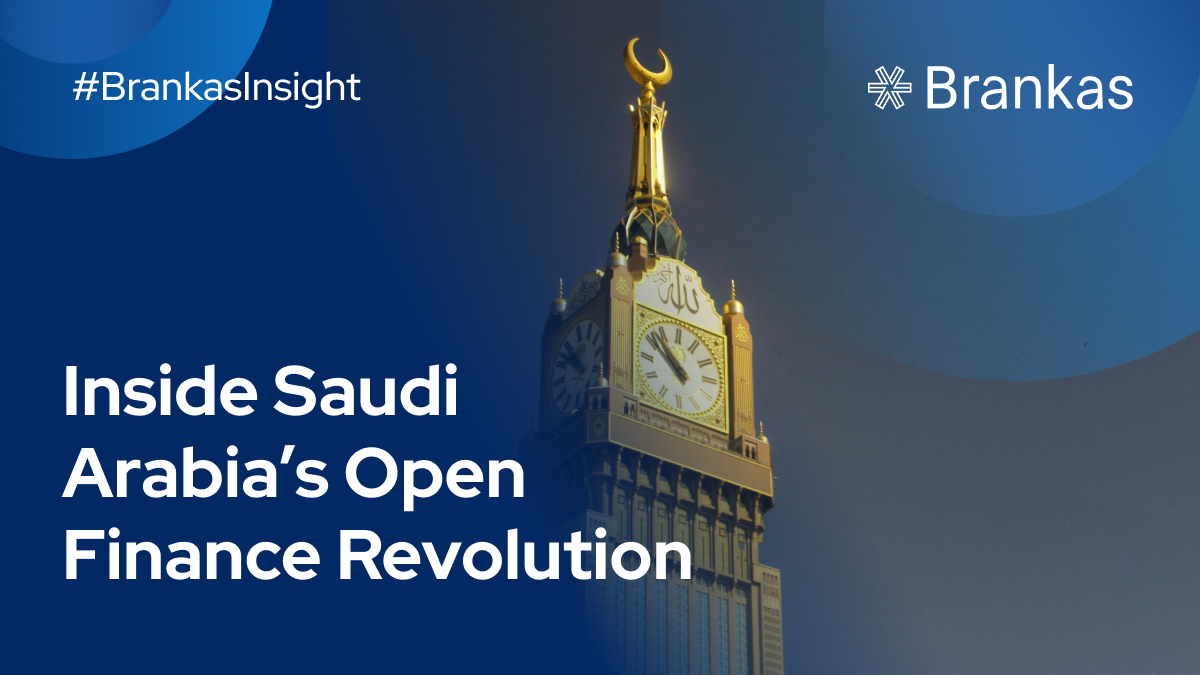In 2021, the BSP issued the Open Finance Framework providing the guidelines for enabling Open Finance in the Philippines and setting the standard across Southeast Asia. The regulatory framework is aligned with the Bangko Sentral ng Pilipinas’s (BSP’s) Digital Payments Transformation Roadmap 2020-2023, which aims to strengthen customer preference for digital payments and promote more innovative and responsive digital financial services.
The framework highlights the central goals of Open Finance: greater competition in the financial services market, enabling more informed financial decisions for financial consumers, and encouraging financial consumers to exercise greater control over their data and finances.
The leading tech enablers and ardent Open Finance advocates of the Philippine financial services industry provide our full support towards enabling Open Finance in the Philippines, a pioneering move in the region. We welcome an open discussion on the technologies that are necessary to achieve a vibrant Open Finance ecosystem. On this note, we believe in the aspirational goal of having bank-managed APIs securely available to verified third parties.
As even major jurisdictions are taking years to have these in place, we support the use of Robotic Process Automation (RPA) to develop RPA-based APIs that accredited third parties can have secure access to. Consistent with advanced Open Finance industries like the EU, US and Australia, the use of RPA technology is both a necessary interim solution prior to bank-supported open APIs being made available by the thousands of financial institutions in the Philippines, and a necessary “fallback solution” to ensure financial consumer choice when bank-managed APIs are offline, underperform or are otherwise unavailable.
The implementation of the BSP Open Finance Framework will potentially change the lives of Filipino consumers and lead us a step closer towards holistic financial inclusion in the Philippines. Customer-consented Robotic Process Automation (RPA) is the crucial technology that we need to get there – by allowing the safe and secure use of RPA, we as an industry can collectively enable Filipinos to avail new and alternative financial products and services, with better quality and at an affordable cost, without compromising their financial consumer and data privacy rights.
How can we move towards the use of RPA-based APIs in a safe, legal and secure manner, thus directly enabling financial inclusion?
This white paper published by Brankas, FinScore, Finverse and Smile API, with support from the recently formed Open Finance Committee of the FinTech Philippines Association, demonstrates how RPA-based APIs directly support and enable the goals of the BSP Open Finance Framework. They enable customers to securely access their bank’s or financial institution’s online services, and are also readily used and trusted by customers globally and in the Philippines for credit scoring, reconciliation and accounting operations, eCommerce payments, and transfers to digital bank accounts.
In this white paper, we discuss how:
- RPA-based APIs are the only readily available technology that can enable a fully inclusive fintech ecosystem and achieve financial inclusion.
- RPA-based APIs are globally recognized and legal around the world.
- Europe – RPA-based APIs are endorsed under PSD2 as a “fallback” to ensure reliable customer access and a supplementary means for data retrieval under the Regulatory Standards.
- United Kingdom - The nine largest UK banks adopted an open API standard while allowing RPA to continue.
- Australia - RPA was endorsed as part of the Consumer Data Right (ASIC) and Competition Commission (ACCC).
- United States -RPA continues to be the essential technology and is supported by the Consumer Financial Protection Bureau for consumer-authorized financial data sharing and aggregation.
- RPA-based APIs are legal in the Philippines under prevailing laws and are enabled by key policies under our competition, consumer protection, and privacy laws. In particular, it implements the financial consumer’s data privacy rights to access and data portability.
- RPA-based API technology is implemented with robust technical and security measures. Leading Open Finance providers using RPA-based APIs like Plaid have been instrumental in creating Open Finance Data Security Standards.
- We acknowledge the concerns and perceived risks surrounding RPA technologies, and we welcome an open, fact based discussion among industry and regulatory bodies to enable an Open Finance sector that protects consumers, empowers customer choice, and enables the next generation of Open Finance solutions.
Download our white paper today!
About Brankas
Brankas is the leading Open Finance technology provider in Southeast Asia. We provide API-based solutions, data and payments solutions for financial service providers (like banks, lenders and e-wallets) and online businesses. Brankas partners with banks to build and manage their Open Finance infrastructure, producing APIs for real-time payments, identity and data, new account opening, remittances, and more. With Brankas’ secure Open Banking technology, online businesses, fintech companies and digital banks can use Brankas APIs to create new digital experiences for their users.


